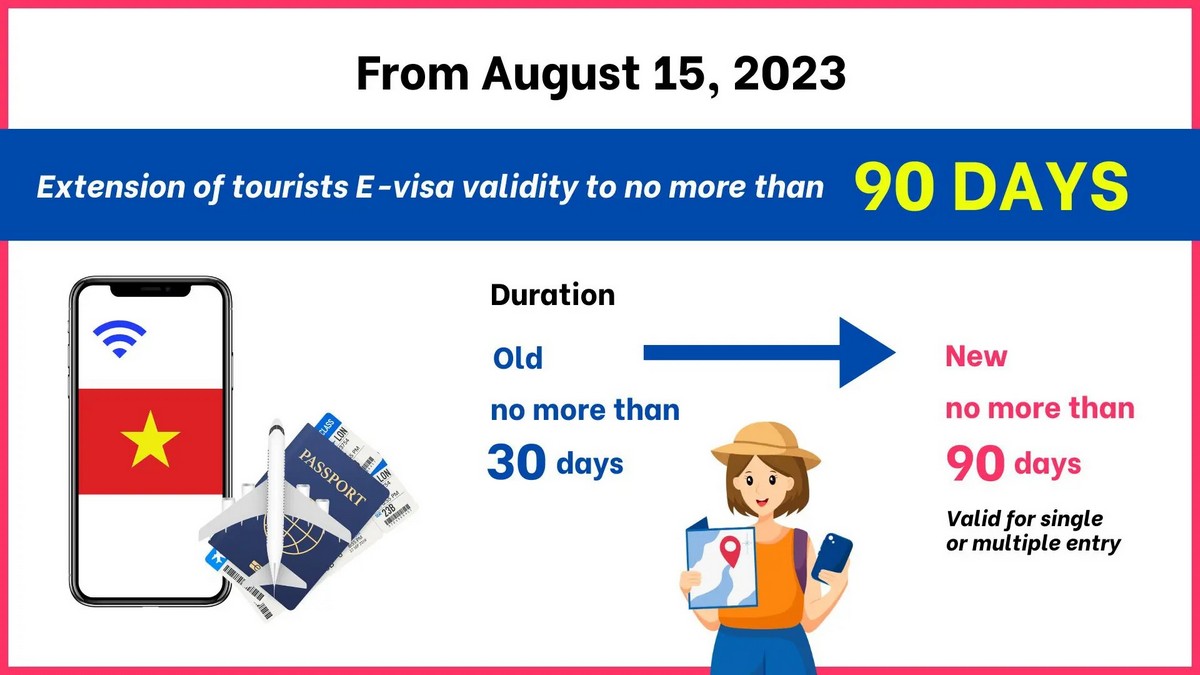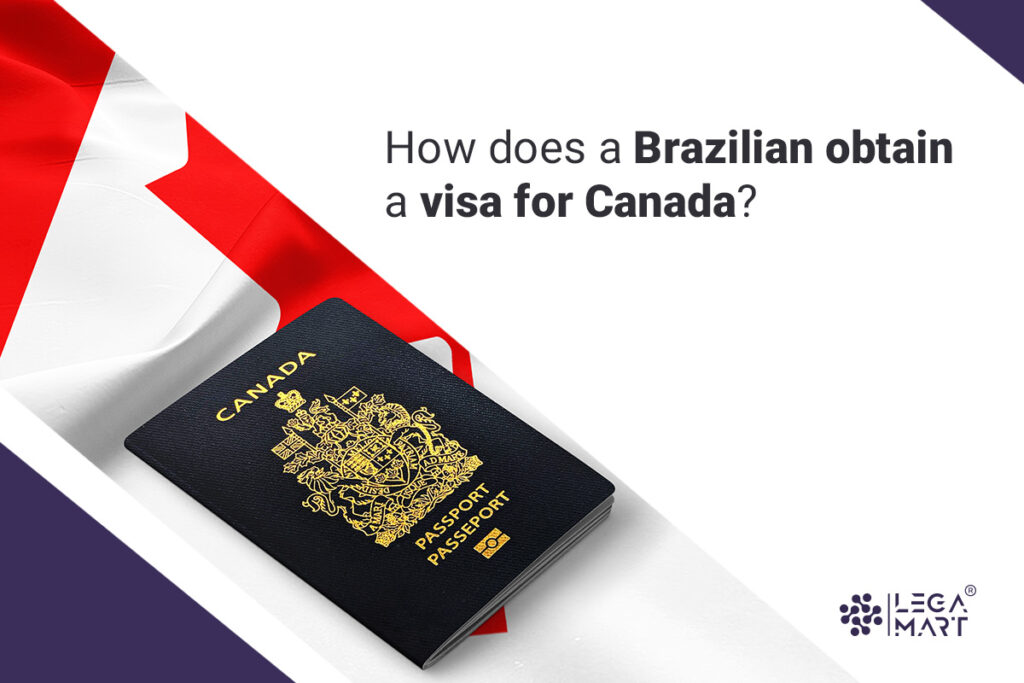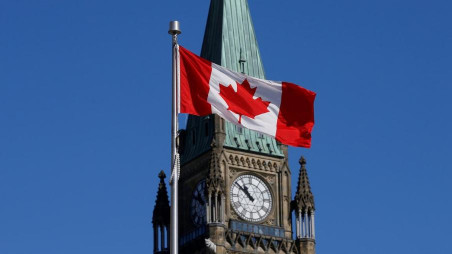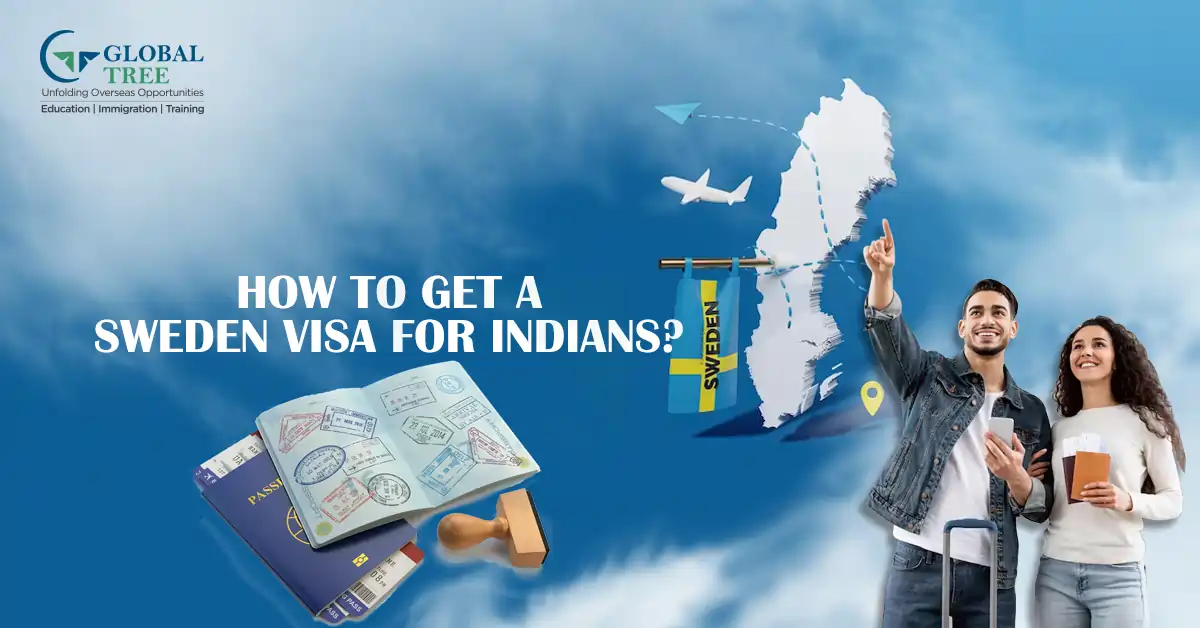Bolivian citizens planning to visit Cambodia are required to obtain a visa prior to or upon arrival in the country. Cambodia offers several visa types to meet the different needs of travelers, with the tourist visa being the most common choice for short stays. Bolivian travelers can choose between applying for an e-visa (electronic visa) online or opting for a visa on arrival at Cambodian airports or select land border crossings. CAMBODIA VISA FOR BOLIVIAN CITIZENS The e-visa is highly convenient for Bolivian citizens as it allows them to complete the visa application process online. This option eliminates the need to visit an embassy or consulate. Bolivians will need to provide a passport with at least six months of validity, a passport-sized photograph, and pay the e-visa fee. The e-visa allows a stay of up to 30 days in Cambodia and is valid for tourism purposes only. It’s important to note that the e-visa can only be used at certain points of entry, including Phnom Penh International Airport, Siem Reap International Airport, and a few selected land border crossings.
For those who prefer not to apply for a visa online, Bolivian citizens can also get a visa on arrival. Upon arrival at Cambodia’s airports or select border checkpoints, they must fill out an application form, submit passport-sized photos, and pay the visa fee. The visa on arrival is issued for a stay of up to 30 days, and it is crucial to ensure that the passport is valid for at least six months beyond the intended stay. The process is simple, though it can take time during peak travel periods due to queues at immigration.
Extension of Stay and Long-Term Visa Options for Bolivian Citizens
If a Bolivian traveler wishes to stay in Cambodia for longer than 30 days, there are options to extend the visa. Tourist visas can typically be extended once for an additional 30 days without requiring the individual to leave the country. The extension process can be done through Cambodian immigration offices or visa agencies in major cities such as Phnom Penh and Siem Reap.
For those planning to stay for extended periods or engage in business activities, Cambodia offers business visas. Unlike the tourist visa, which is valid for short stays, a business visa can be issued for longer periods, ranging from one month to one year, with options for single or multiple entries. Bolivian citizens planning to work or conduct business in Cambodia should apply for a business visa, which requires additional documentation such as an invitation letter from a Cambodian company or proof of employment. Once issued, business visas can be renewed within Cambodia, allowing for long-term stays without the need for frequent visa runs.
Entry and Exit Regulations for Bolivian Travelers in Cambodia
Bolivian travelers must comply with Cambodia’s entry and exit regulations to ensure a smooth and hassle-free experience. One of the primary requirements is holding a passport that is valid for at least six months beyond the intended stay. Immigration officials may ask for proof of onward travel, such as a return ticket or a ticket to another destination after leaving Cambodia. This is to ensure that travelers do not overstay their visa and have plans to leave the country within the permitted time frame.
It is also advisable for Bolivian citizens to carry proof of sufficient funds to cover their stay in Cambodia, although this is not strictly enforced. Those planning to leave Cambodia by land should ensure that they are exiting through official border crossings to avoid any complications. Cambodian authorities are strict about border control, and travelers without proper documentation may face penalties, including fines or deportation.
For those who overstay their visa, Cambodia imposes a penalty of $10 per day for each day beyond the visa’s expiration. Long-term overstays may result in more severe penalties, including a ban on re-entry to Cambodia. It is essential to ensure that the visa is valid throughout the entire stay and to apply for extensions if needed.
Health, Safety, and Vaccination Considerations for Bolivian Citizens
Bolivian citizens traveling to Cambodia should prioritize their health and safety by taking appropriate precautions before and during their trip. While Cambodia does not have stringent vaccination requirements for entry, it is recommended to be up to date on vaccinations for diseases such as Hepatitis A, Hepatitis B, Typhoid, and Tetanus. Since Cambodia is in a tropical region, there is a risk of contracting mosquito-borne illnesses such as malaria and dengue fever. Travelers should take preventive measures such as using insect repellent, wearing protective clothing, and sleeping under mosquito nets in rural areas. Cambodia is generally a safe country for tourists, but petty crimes such as pickpocketing and bag snatching can occur, particularly in crowded tourist spots and markets. CAMBODIA VISA FOR BOSNIA AND HERZEGOVINA CITIZENS Bolivian citizens should be mindful of their belongings and avoid displaying valuables in public. Using reputable transportation options and being cautious when traveling at night can also help enhance safety during the trip.
Cultural Etiquette and Practical Tips for Bolivian Travelers in Cambodia
Understanding Cambodian culture and etiquette can make the travel experience more enjoyable for Bolivian citizens. Cambodia is a predominantly Buddhist country, and visitors are expected to show respect for local customs, particularly when visiting temples and religious sites. Modest clothing that covers the shoulders and knees is required when entering temples, and shoes must be removed before stepping into sacred spaces. In terms of daily transactions, cash is the preferred method of payment in Cambodia, especially in rural areas where credit cards are not widely accepted. U.S. dollars are commonly used alongside the Cambodian riel, so it is recommended to carry small denominations of both currencies. Bolivian travelers should also be prepared for occasional language barriers, as English is not spoken fluently in all areas. Learning a few basic Khmer phrases or carrying a translation app can go a long way in helping to navigate day-to-day interactions.
Overall, Bolivian citizens visiting Cambodia can expect a fascinating cultural experience and warm hospitality, provided they follow visa regulations and respect local customs. Whether traveling for leisure or business, proper preparation will ensure a smooth and rewarding stay in Cambodia.



